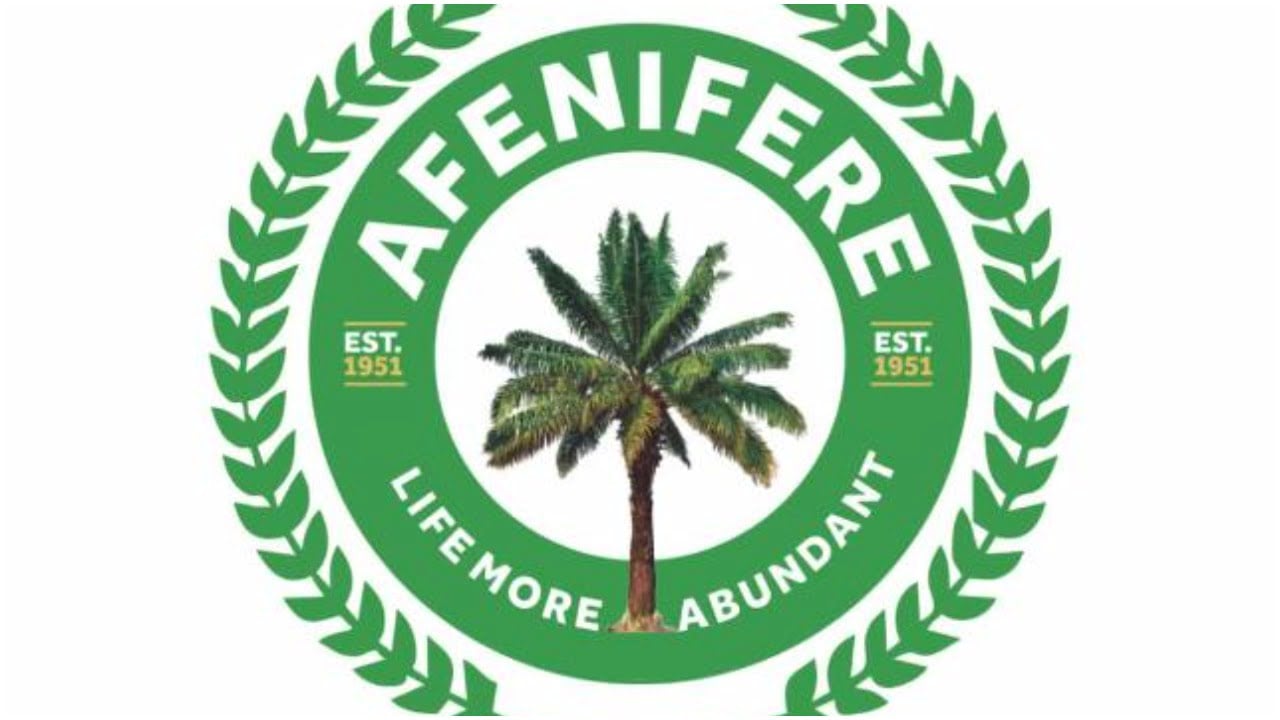Afenifere Warns Against Indigene Status Bill, Cites Risk Of Ethnic Tension And Violence.
The Pan-Yoruba socio-political organisation, Afenifere, has cautioned the Nigerian government against passing the proposed Indigene Status Bill, warning that such a move could heighten ethnic tensions and incite communal violence across the country.
The bill, currently undergoing consideration in the House of Representatives, seeks to confer indigeneship on individuals who have resided continuously in a particular area for at least 10 years, or through marriage. Sponsored by Deputy Speaker Benjamin Kalu and six other lawmakers, the bill recently passed its second reading.
Afenifere’s National Publicity Secretary, Jare Ajayi, expressed strong reservations over the bill, stating that it threatens the delicate ethnic balance of the nation. He noted that similar proposals in the past have been met with resistance due to fears of land disputes, power struggles, and demographic manipulation.
“In modern society, there are generally four categories of residents in a place: natives, citizens, residents, and visitors,” Ajayi said. “The kind of alteration being sought could deepen mistrust, exacerbate existing divisions and potentially lead to violent clashes.”
Ajayi recalled a similar attempt made in 2020 by then Deputy Senate President, Ovie Omo-Agege, which was equally opposed. He warned that motivations behind such proposals could stem from hegemonic ambitions, land control, and the desire for political influence.
He urged the National Assembly to redirect its efforts towards genuine restructuring of the country, saying, “What Nigeria needs is a true federal structure where all regions feel a sense of belonging and can manage their affairs within a united nation.”
The call for caution comes amid rising insecurity in the South-West region. A Western Nigeria Security Summit, organised by the Yoruba Assembly in collaboration with pan-Yoruba groups, was held in Ikeja, Lagos, to address the worsening state of security.
Delegates from Lagos, Ogun, Oyo, Osun, Ekiti, Ondo, Kwara, Kogi, Edo, and Delta States attended the summit, which raised alarm over the increasing attacks by armed herdsmen and other criminal elements in the region.
Speaking at the event, Adewale Adeoye, a member of the planning committee, described the security crisis as an “existential threat” to indigenous communities. “Our people are crying in pain, and on the verge of despair. But we will not surrender. We are ready to resist, to defend our land, and to reclaim our sovereignty,” he said.
The summit noted that both federal and state responses to the crisis have been inadequate, leaving many rural communities exposed to violence, kidnappings, and displacement. Farmers, traders, and even traditional rulers have become targets, with serious implications for food security and regional stability.
Chairman of the Afenifere Renewal Group (ARG), Olawale Oshun, in his keynote address, emphasised the need for state policing and improved local intelligence. “Every square inch of our land must be governed and protected. State policing is crucial, but equally important is empowering our people to feed information to the security agencies,” he said.
National President of the Afenifere Youth Council, Eniola Ojajuni, also shared his personal experience of being kidnapped in February, further underscoring the urgency of enhanced security efforts in the region.
The ongoing debate over the Indigene Status Bill and the growing insecurity in the South-West has once again brought to the fore the need for comprehensive national dialogue on restructuring and security reforms.



